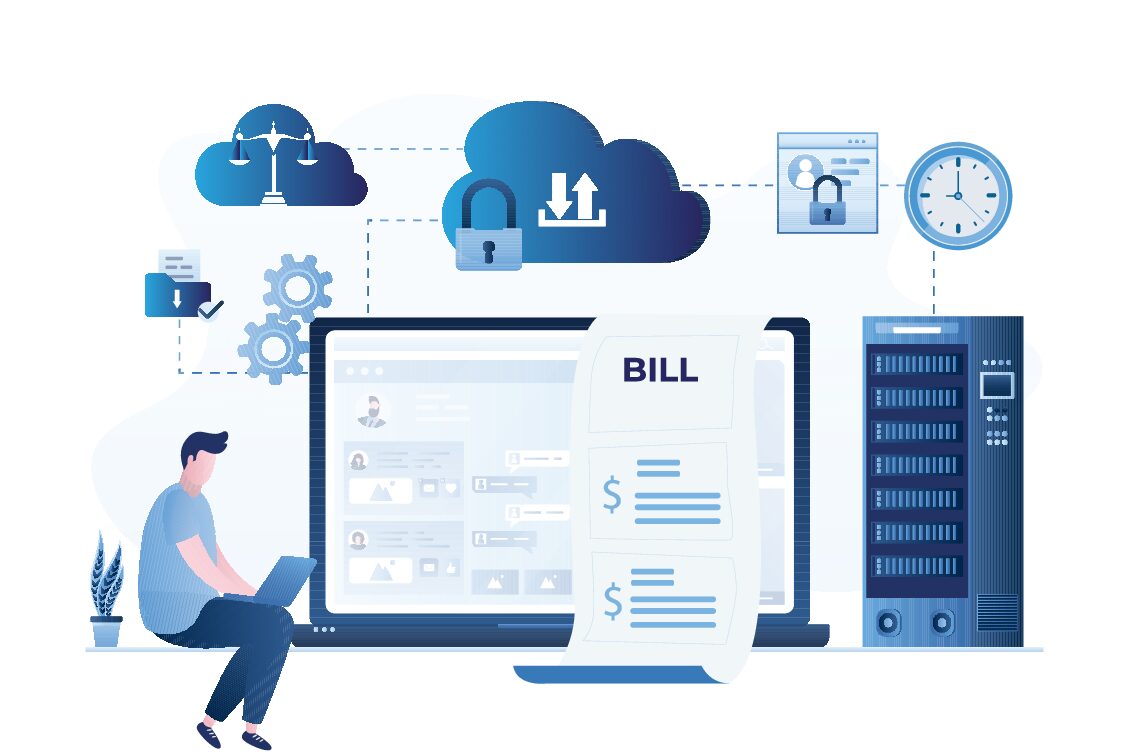Though they are a relatively new addition to the legal community, law firm administrators have become commonplace among medium and larger law firms. These kings and queens of organization keep the day-to-day processes of the office in check. As you consider the future direction of your firm, you may find yourself asking whether an administrator is part of that picture.
The Rise of the Administrator
An article in Law Practice magazine discussed the evolution of law firm administrators and how they came to hold such a prevalent place in the legal community. As explained in the article, these positions began as office managers, handling less demanding administrative duties. Firm leaders began adding responsibilities to the list, particularly those that they did not want to perform themselves. Such duties as:
- Personnel policy enforcement
- Negotiating office leases
- Making necessary equipment purchases
- Overseeing the administration of office expansions
Eventually, the office manager evolved into the new position of law firm administrator. Even firms that had initially given these duties to legal secretaries began recognizing the value of a separate administrator.
Do you need an administrator?
As you read this post, you may be pondering the need for an administrator in your firm. It can be a tricky decision, balancing the need for additional resources with the extra overhead a new employee requires. Here is some food for thought that might make your decision a bit easier:
- An administrator frees up more time for billed legal work. When attorneys are handling administrative work, they are not working on billable tasks. An administrator allows your attorneys to do the work that drives profits.
- An administrator is often more experienced and equipped to handle administrative tasks. Attorneys are smart, but they are trained to practice law. Most lawyers have no interest and inadequate knowledge to handle every administrative task that a firm requires. With an administrator, you can hire someone who is just as equipped to administer as your attorneys are to practice law.
- Administrators aren’t cheap. A report by Altman Weil, Inc. suggests that the average administrator makes about $80,000 annually. At large firms, administrators may earn up to $130,000 a year. Of course you should set a salary that adequately reflects the size of your firm. Just remember that your new administrator will be handling some very important aspects of your law practice and you want to provide a compensation level that brings in the nest candidates.
A law firm administrator may be the spark your firm needs to reach the next level. Weigh the pros and cons to determine whether this new addition is the best step for your practice.
About Erika Winston:
Erika Winston is a Virginia based writer with a passion for all things legal. As a former domestic relations attorney, she understands the challenge of determining the best fee structure for your practice. Erika is a regular contributor to TimeSolv and a variety of other publications.


















